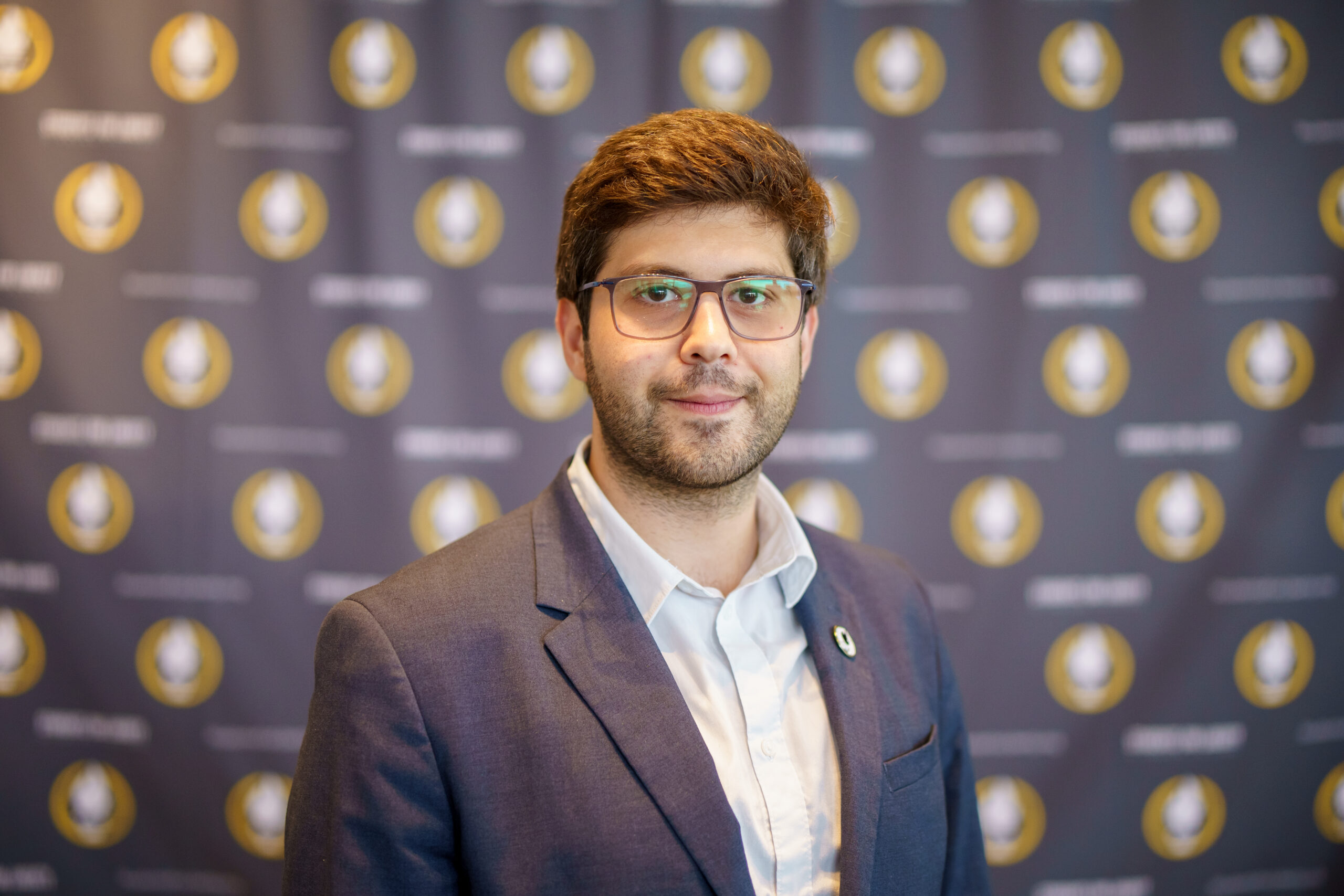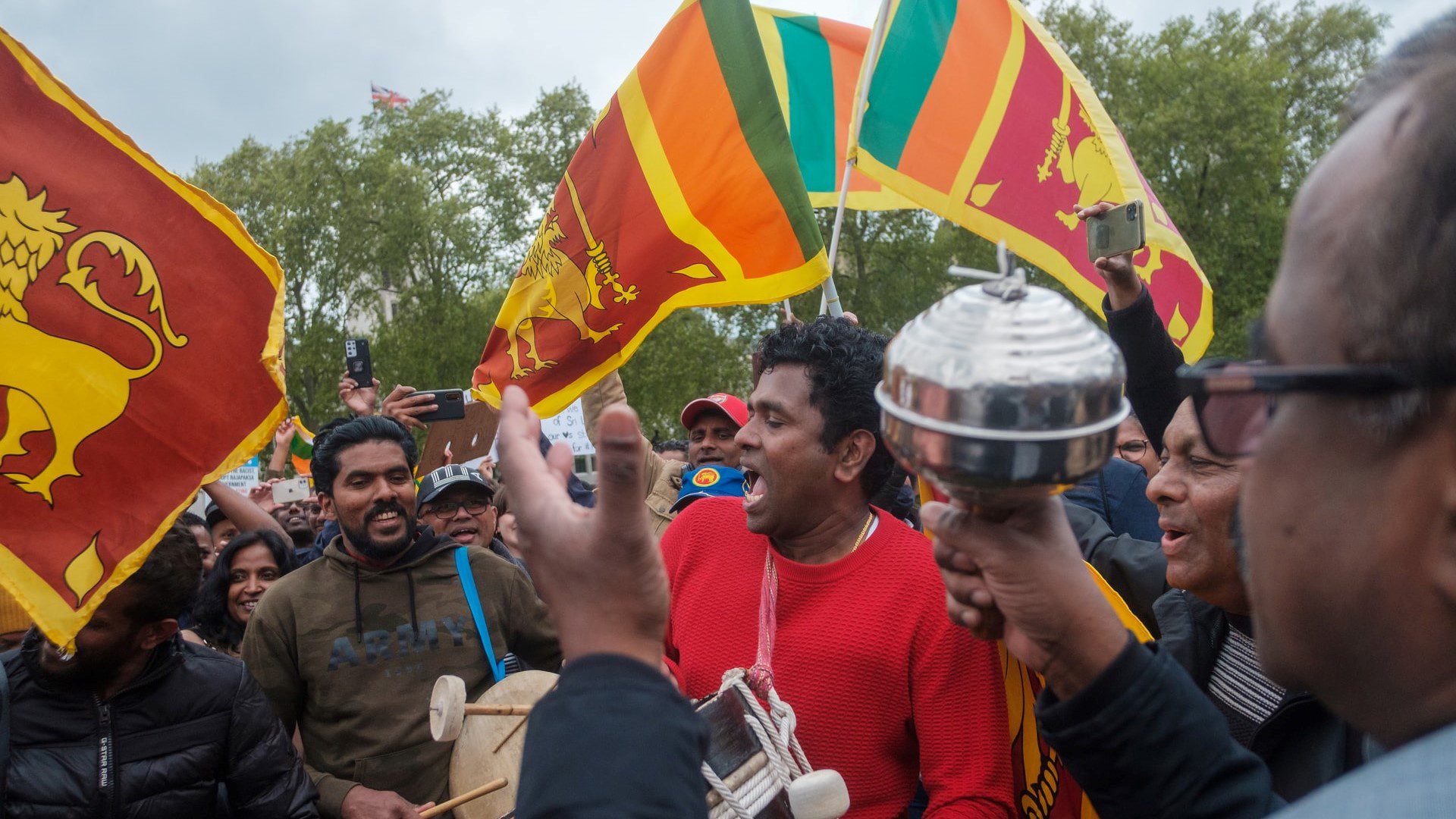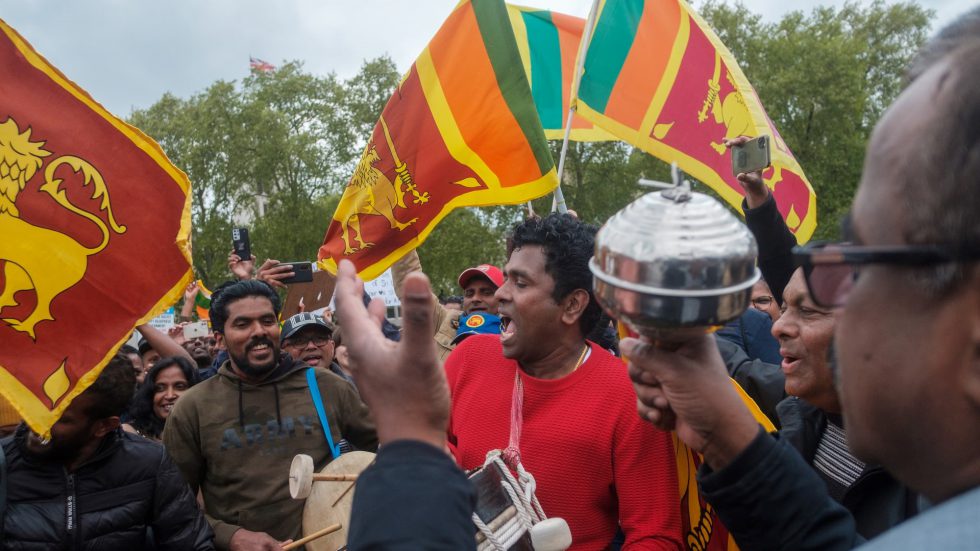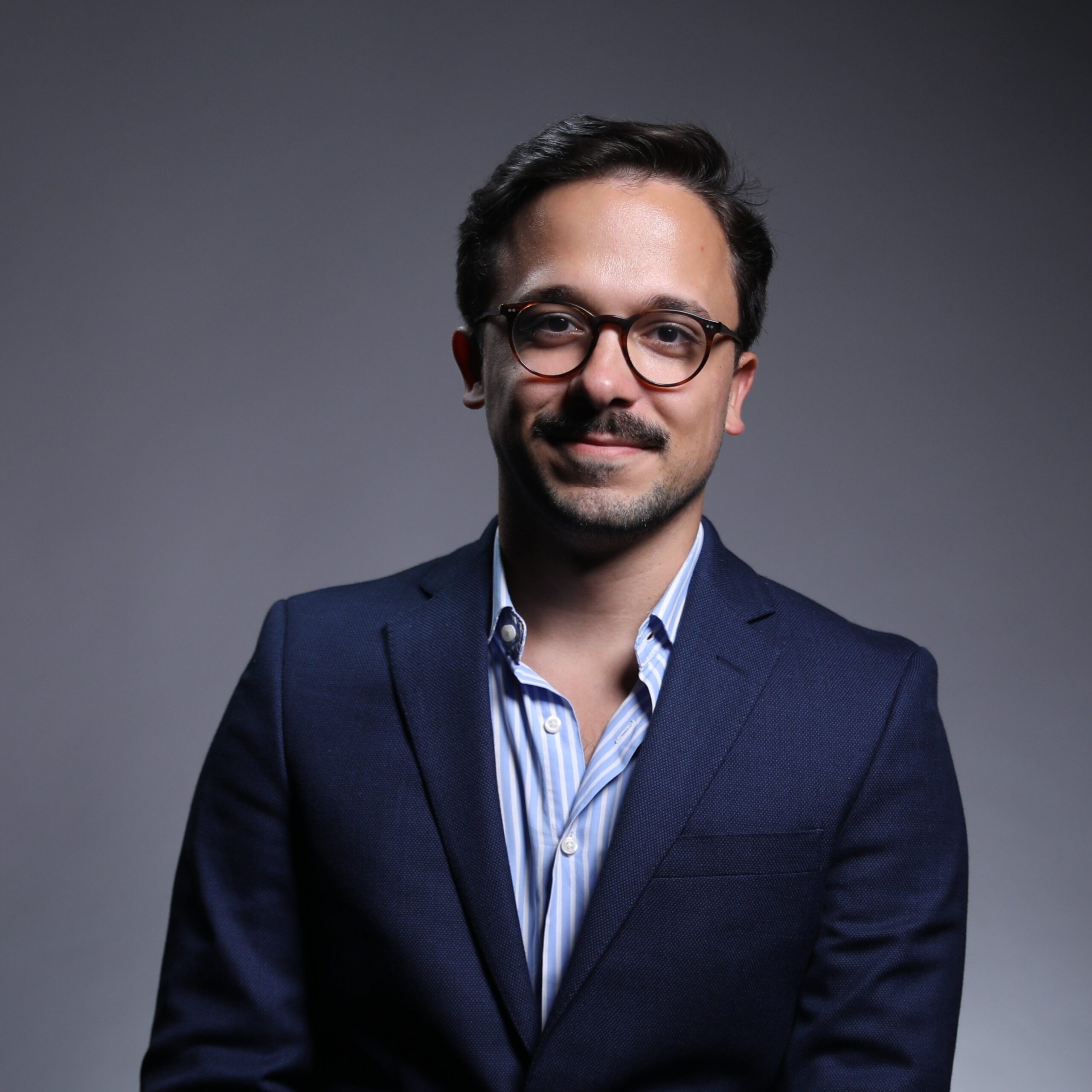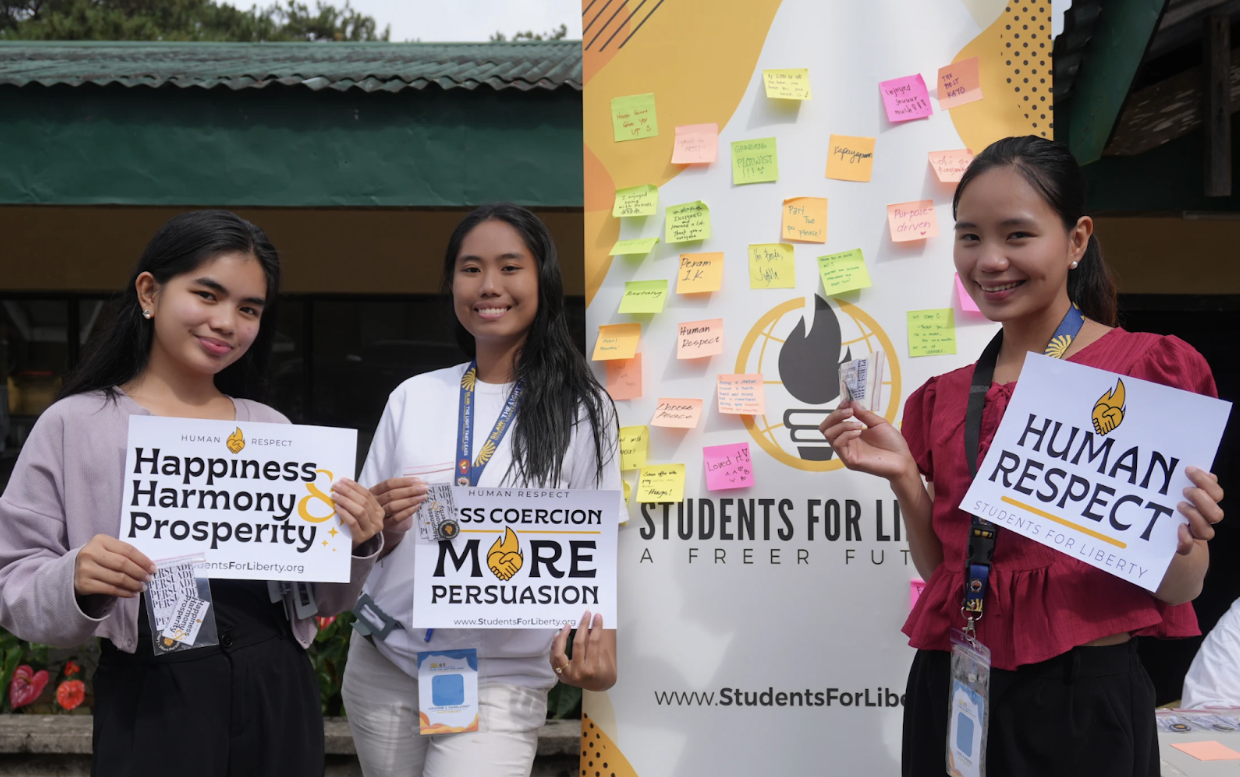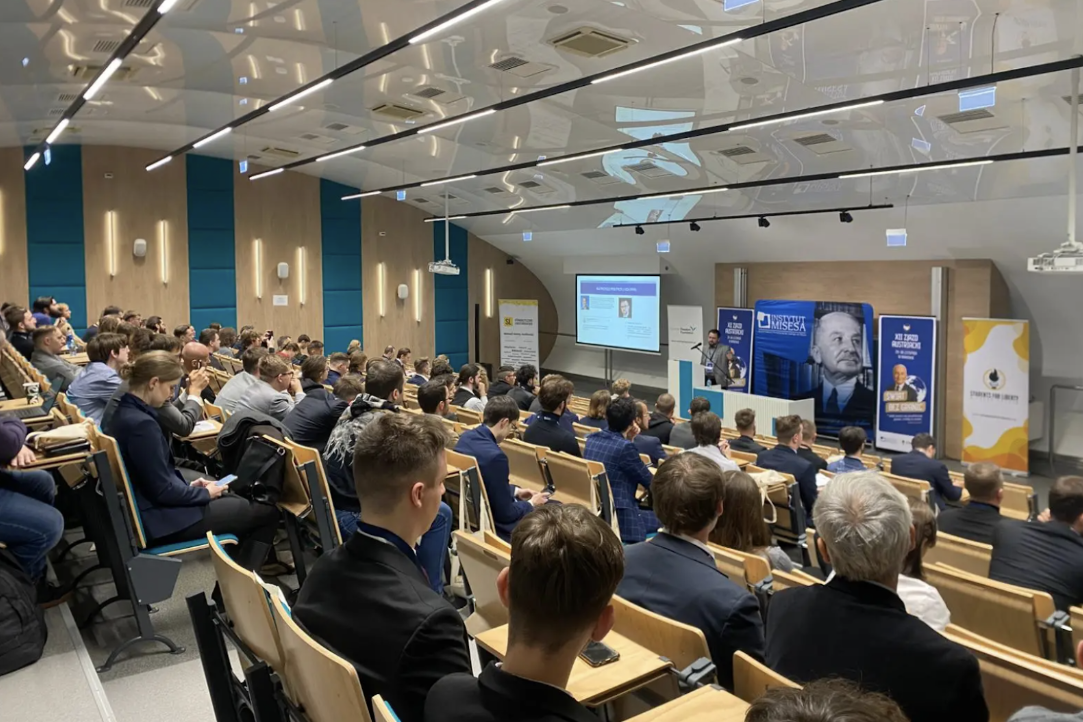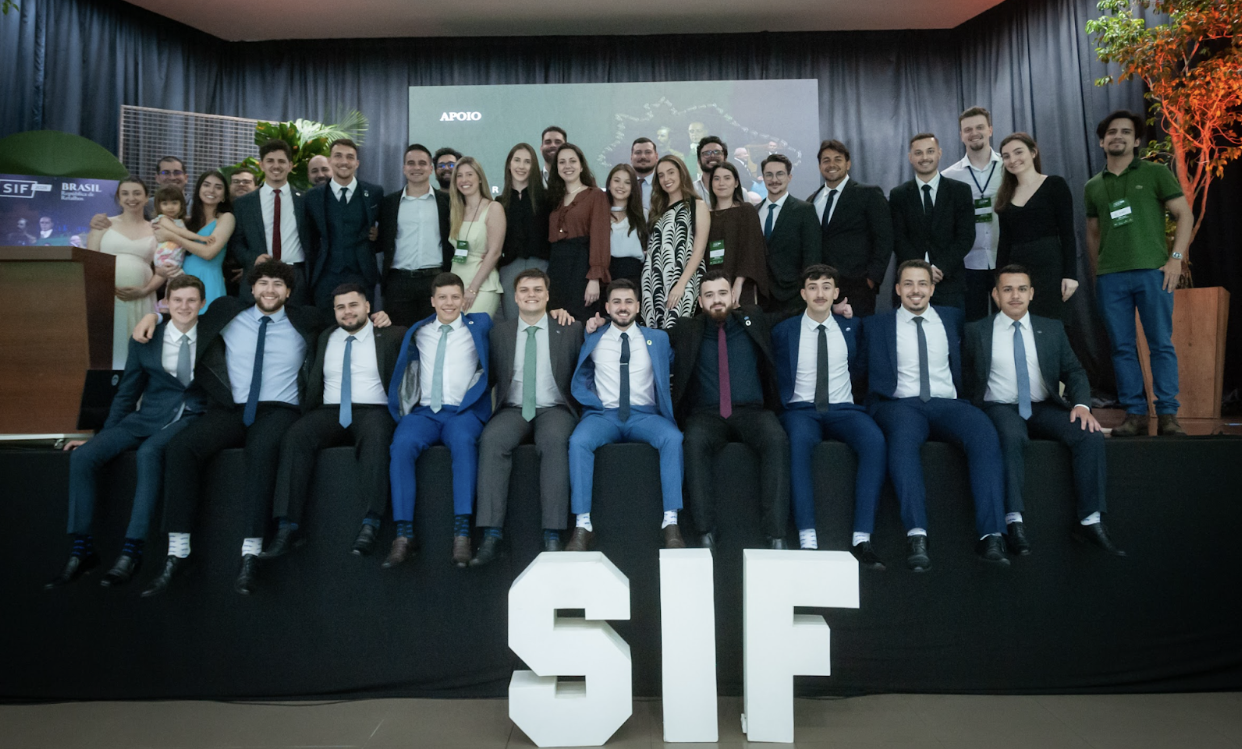In October 1978, Václav Havel wrote his famous essay “The Power of the Powerless,” where he dissected the post-totalitarian states of Eastern Europe, analyzed its nature, and described the dynamic between the system, its citizens, and the dissidents. His essay is still current and portrays the political reality of some countries in Latin America.
The rise of pseudo-dictatorships in Latin America
These are not dictatorships as we used to know them, but they are in fact dictatorships. The few in power have been replaced by a bureaucratic and self-proclaimed democratic state machinery where individuals are both the livelihood and the victims of the system.
These systems are not local, Havel points out, as traditional dictatorships were. In the past few years, some Latin-American countries have been infected by pseudo-dictatorships with a similar nature.
These developments do not precisely fit Havel’s “post-totalitarian system” term either for the same reason. One might assume from these terms that these political systems are not dictatorships or totalitarian, when in fact they are.
How political ideology drives acceptance
The principal weapon of these systems is ideology. Havel defined it as a secular religion, and I cannot think of a better analogy: many people look towards politicians to find redeemers or messiahs of their society.
It is precisely within ideologies that people find answers and identities. They feel part of something bigger than themselves. Ideology strengthens them spiritually, even when it comes at the price of freedom.
These philosophies pollute the mind and strengthen the walls of the visions, as economist Thomas Sowell defined them, making it more difficult for different ideas to be accepted, and causing polarization in society.
Ideology eliminates individuals and creates two masses of people: friends and enemies. Every nuance is lost. The debate becomes more and more simplistic and the chances of violent confrontations within society increases.
Oppression through conformity
This dogma tries to manipulate how people see reality in order to annihilate any expression of nonconformity. This is when control of the media, excessive propaganda, and political language and symbolism begins.
This is similar to what George Orwell writes about in 1984. The post-totalitarian systems want to control ideas because ideas are the cornerstone of social change. When someone publicly shows nonconformity they are persecuted through excessive taxes, denial of legal permissions, personal offenses, and incarceration, among others.
When dissidents appear, we can confirm the totalitarianism of these systems. In more or less liberal republics, dissidents don’t exist because different points of view can coexist pacifically. All points of view are considered part of the system, even from those who are not in power.
Dissidents are the result of systems that try to impose an image of reality that is not consistent with what is lived and experienced, and these people, noticing lies imposed, rebel and dare to live what they believe is the truth.
Using persecution to wipe out public resistance
Persecution within these systems have two important features. The first is that most of the persecution mechanisms are within the law. Hence, we understand the importance of what French economist Frédéric Bastiat pointed out 160 years ago: not everything legal is legitimate or just.
The second is that persecution is conducted mostly by ordinary people who act because it is the only way for them to survive within the system. It’s a state of implicit but generalized extortion that annihilates resistance. And while all of this is happening, the state increasingly absorbs its citizens, making them lose their ability to make decisions.
A few weeks ago, I listened to a public official in my country who said individual plans could not be conceived if they don’t fit the state’s plans. The state has superior interests that must be safeguarded even against people’s interests. The “common good” comes first, but who defines what the “common good” is? It is defined by the people in charge who can then use the “common good” to disguise their own interests.
The legacy of ideology: why it lives on beyond its creators
Havel also noticed that at one point, power starts serving ideology instead of the other way around. One might think that those in power can control the ideology they have established. But in reality, one cannot access power if it’s not serving an ideology. We can see that in post-totalitarian systems, whether in Argentina with Peronism, or in Venezuela with Chavism. The creators of those ideologies don’t have to be alive anymore because ideology lives by itself, selecting new rulers sympathetic to its interests.
This is our dark picture. And if we are looking for a change, Havel warned us that the political path is the wrong way to go.
Fighting against government imposed ideas
Instead we must seek a more profound change; a change in society. At this point, political change does not guarantee a change to how things currently are. We need to look for awareness in everyday people.
For some, this awareness comes sooner or later, but we can accelerate the process by helping people see beyond their visions, especially the ones created or reinforced by the government’s ideology.
I don’t ultimately believe that we have an “absolute truth,” but at least we are not willing to live what we know is a lie.
To read more about human rights, be sure to check out our cluster page by clicking on the button below.
Written by Milica Pandzic, a local coordinator in Ecuador
This piece solely expresses the opinion of the author and not necessarily the organization as a whole. Students For Liberty is committed to facilitating a broad dialogue for liberty, representing a variety of opinions.
